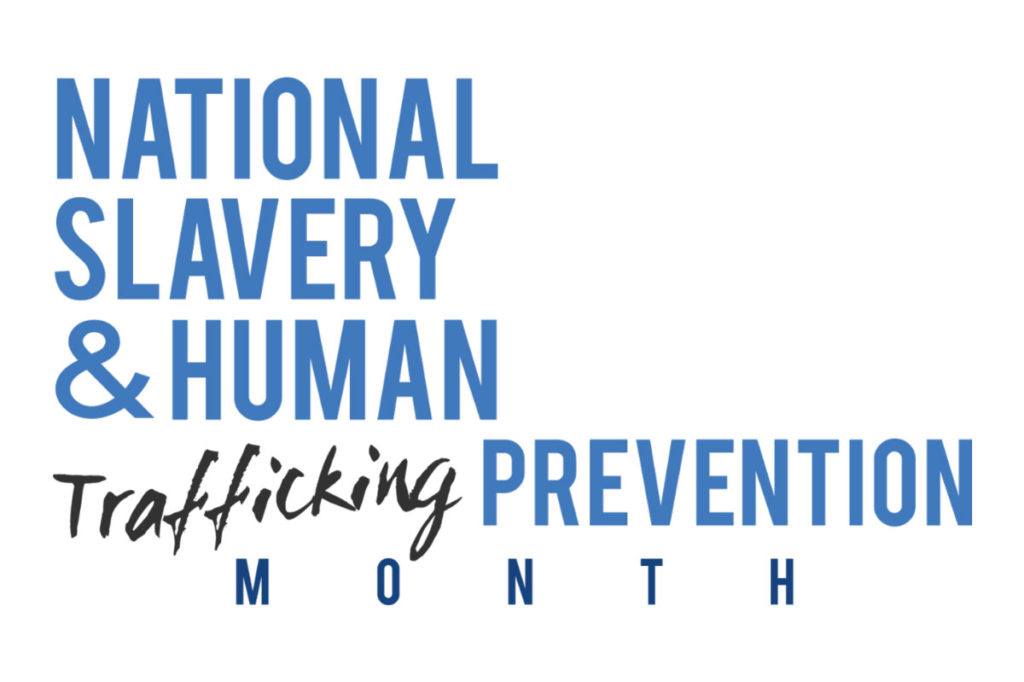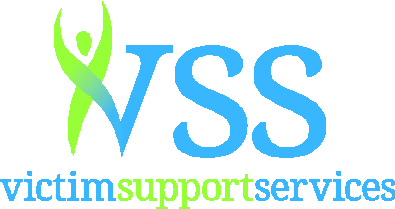January is…

Unfortunately, Human Trafficking is a common occurrence in the United States and all over the globe. Traffickers use force, fraud, and/or coercion to lure their victims into forced labor or sexual exploitation. Traffickers often prey on vulnerable populations and exploit them for their personal gain.
The question becomes how can we prevent this from happening? Since trafficking is a crime often hidden in plain sight, the best way to prevent trafficking is to know the signs. Once we can identify trafficking victims, we can prevent more people from falling prey to trafficking.
According to the National Human Trafficking Hotline, significant risk factors that make specific populations vulnerable to Human Trafficking include recent migration or relocation, substance use, mental health concerns, involvement with the children welfare system and being a runaway or homeless youth. Other factors that make individuals vulnerable to trafficking include:
- Have an unstable living situation
- Have previously experienced other forms of violence such as sexual abuse or domestic violence
- Have run away or are involved in the juvenile justice or child welfare system
- Are undocumented immigrants
- Are facing poverty or economic need
- Have a caregiver or family member who has a substance use issue
- Are addicted to drugs or alcohol
Often, traffickers identify and leverage their victims’ vulnerabilities in order to create dependency on them. According to the Attorney General of Nevada and Innocents At Risk, some common signs of Human Trafficking can include:
- Appearing malnourished
- Showing signs of physical injuries and abuse
- Avoiding eye contact, social interaction, and authority figures/law enforcement
- Seeming to adhere to scripted or rehearsed responses in social interaction
- Seems disoriented and not know where s/he is
- Lacking official identification documents
- Appearing destitute/lacking personal possessions
- Wears same clothes regardless of weather or circumstances
- Working excessively long hours
- Living at place of employment
- Checking into hotels/motels with older males, and referring to those males as boyfriend or “daddy,” which is often street slang for pimp
- Poor physical or dental health
- Tattoos/ branding on the neck and/or lower back
- Untreated sexually transmitted diseases
- Small children serving in a family restaurant
- Security measures that appear to keep people inside an establishment – barbed wire inside of a fence, bars covering the insides of windows
- Not allowing people to come and go independently, go into public alone, or speak for themselves
- May be accompanied by someone who controls their every movement
More information about Human Trafficking and noticing the signs can be found here: https://humantraffickinghotline.org/human-trafficking/recognizing-signs
If you suspect someone is being trafficked, please call the National Human Trafficking Hotline at 1 (888) 373-7888, text 233733, or visit https://humantraffickinghotline.org/. If you, or someone you know, is in immediate danger, please call 911.
